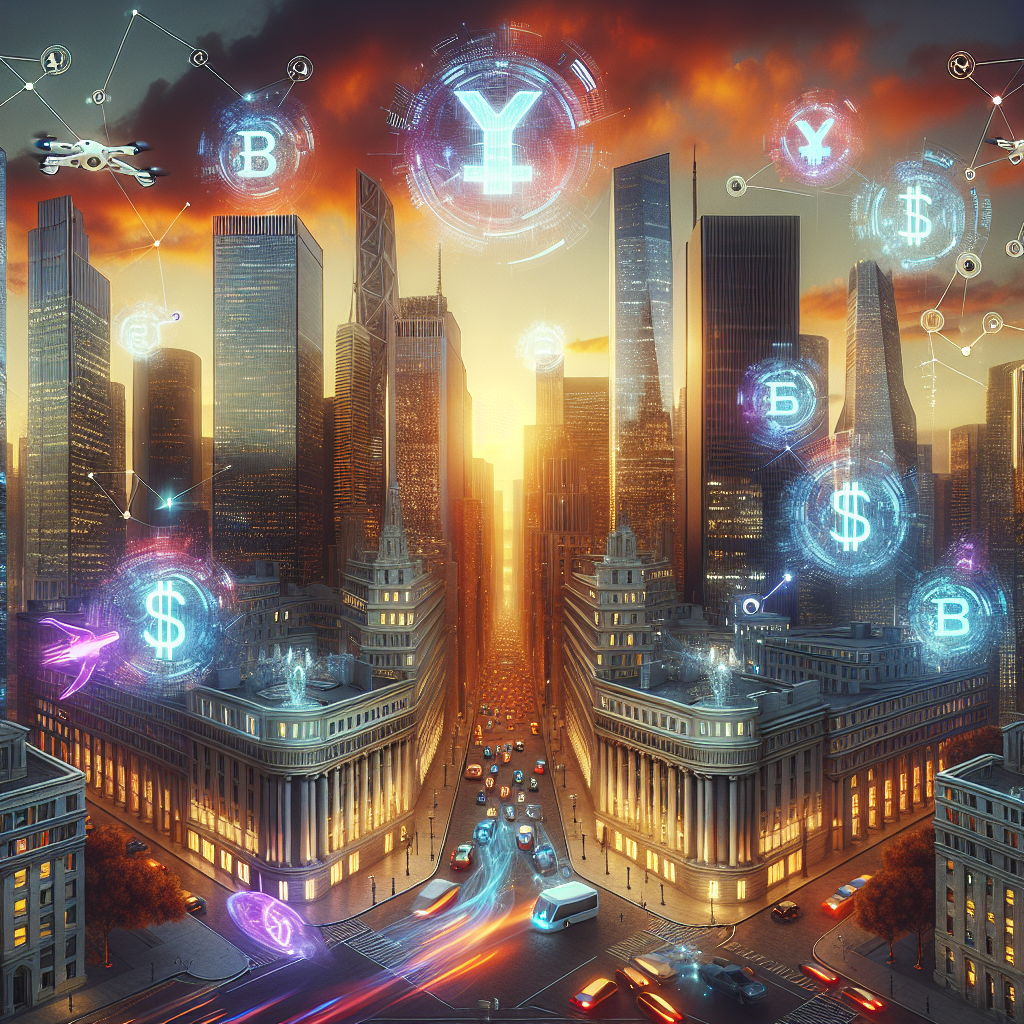The world of finance is on the precipice of a revolutionary shift, with Wall Street giants placing their bets on the tokenization of Real World Assets (RWA). The estimated $30 trillion RWA market is set to be disrupted by the introduction of blockchain technology, which promises increased transparency, accessibility, and liquidity.
Tokenization allows for assets to be divided into digital tokens, each representing a fraction of the total value. This not only democratizes investment by making it accessible to a wider group of investors but also enhances liquidity by enabling the trading of these tokens on cryptocurrency exchanges. Moreover, the use of blockchain ensures that all transactions are transparent and secure, reducing the risk of fraud and increasing investor confidence.
The potential of tokenization is vast, encompassing everything from real estate to art and even intellectual property. Real estate, in particular, is seen as a prime candidate for tokenization. By converting physical assets into digital tokens, individuals can invest in property without the need for large amounts of capital. This makes the real estate market more accessible to a broader range of investors and increases market liquidity.
However, the path to widespread adoption of tokenization is not without challenges. Regulatory issues, technological infrastructure, and public acceptance are all hurdles that need to be overcome. Despite these challenges, Wall Street remains optimistic about the potential of tokenization and its ability to disrupt traditional financial markets.
The future of finance could very well lie in the tokenization of real-world assets. The shift towards a more transparent and accessible financial system is already underway, and the adoption of tokenization could accelerate this transition. As Wall Street continues to bet on this technology, the transformation of the $30 trillion RWA market seems more a matter of 'when' rather than 'if'.




